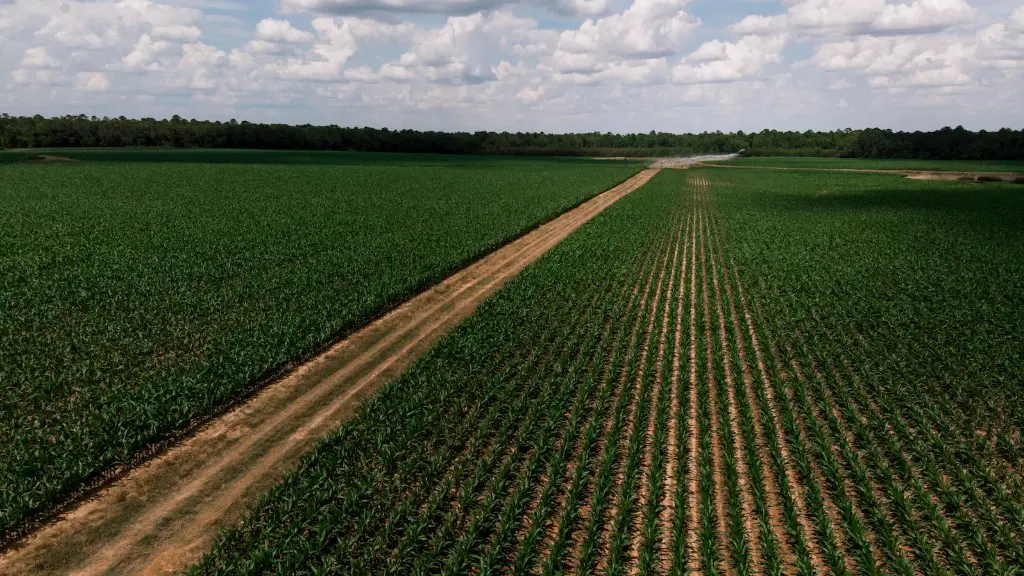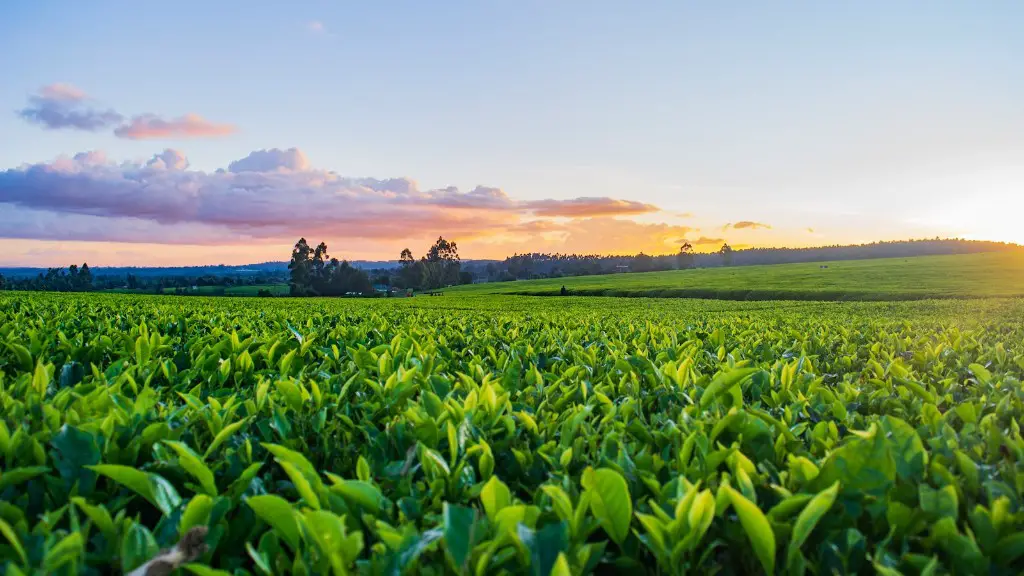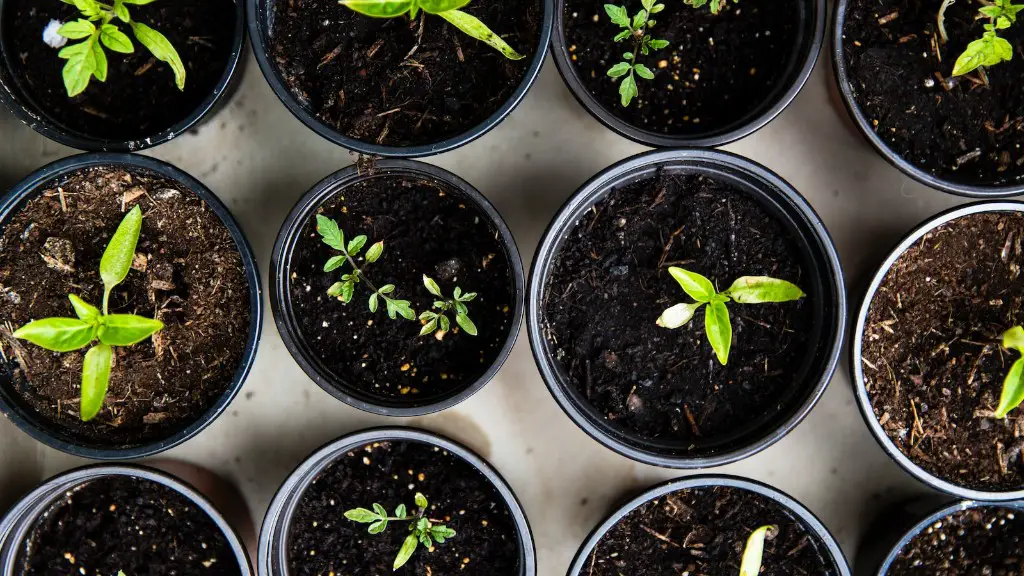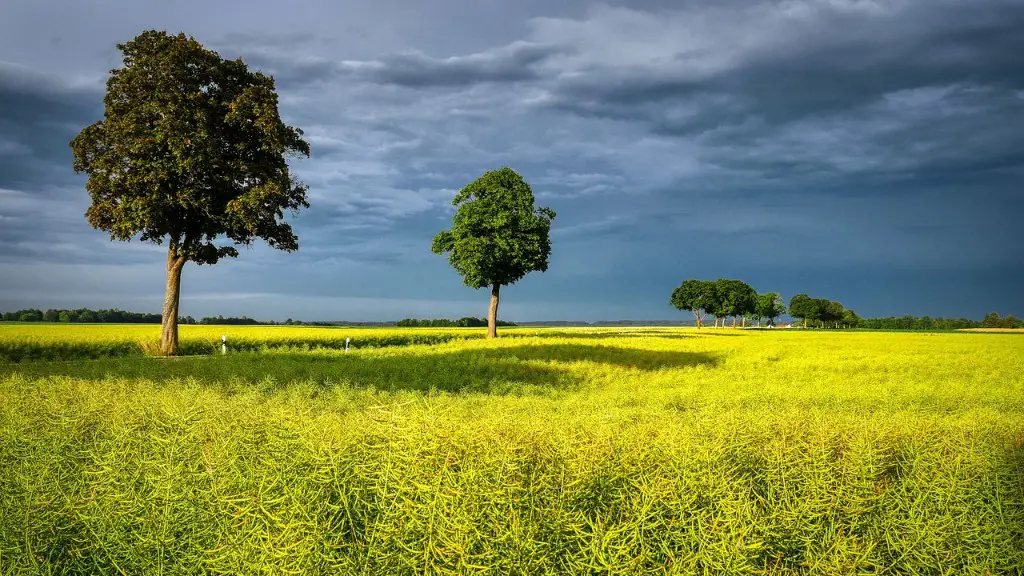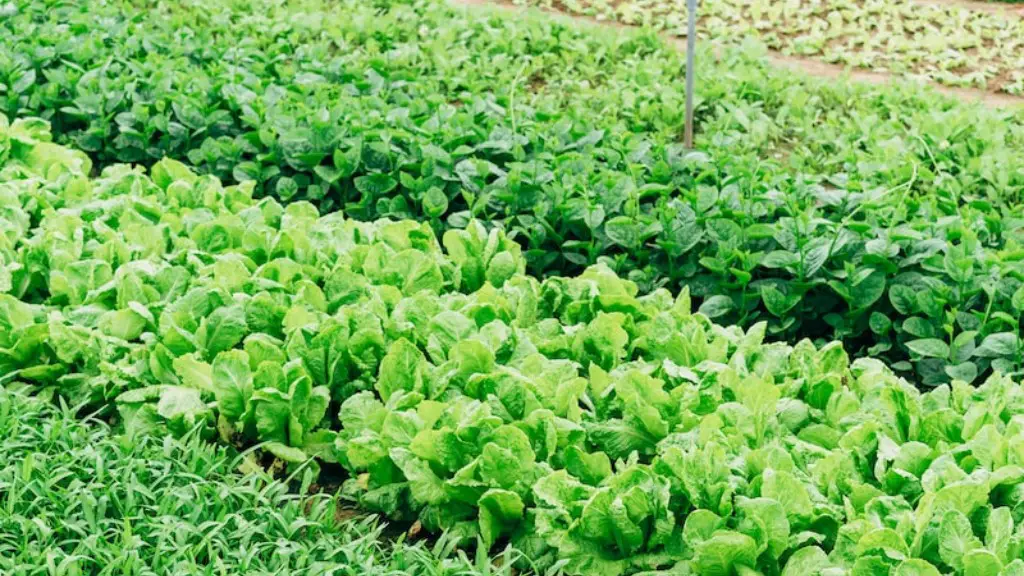During the last half of the 20th century, the world saw a stunning increase in the flow of goods, people, money, and information across national borders. This globalization had a profound impact on the agricultural sector. In terms of trade, the volume of agricultural exports nearly tripled between 1970 and 2000, while the value of exports increased more than seven-fold. The composition of trade also changed, with a greater share of exports coming from developing countries and a greater share of imports coming from developed countries. In terms of production, the forces of globalization have led to a more efficient and productive agricultural sector, able to produce more food with fewer inputs. However, these gains have not been evenly distributed, and some groups—such as small-scale farmers in developing countries—have been left behind. The effects of globalization on the agricultural sector are complex and often contradictory. However, one thing is certain: the sector will continue to be shaped by the forces of globalization for years to come.
Globalization has had a profound effect on agriculture. It has led to the formation of agri-businesses and the concentration of production in a handful of massive companies. It has also created a global market for agricultural products, driving down prices and making it difficult for small farmers to compete. In addition, globalization has led to the spread of diseases and pests, and to the increased use of harmful chemicals in agriculture.
How has Globalisation affected agriculture?
Globalization has allowed agricultural production to grow at a much faster rate than in the past. A few decades ago, the average growth rate was somewhat over 3 percent per year. Now it is 4 to 6 percent. However, these higher rates of growth involve a substantial change in its composition.
Agricultural products from India have been struggling to compete in the global market since the country’s economy opened up in 1990. This is due to the fact that agriculture is heavily subsidised in many developed countries. Indian farmers have thus far been unable to match the prices offered by their foreign counterparts. This has led to a decline in the demand for Indian agricultural products, and has had a negative impact on the country’s economy.
Why are farmers against globalization
Farmers in developing countries lack access to overseas markets, where they can sell their products at higher prices and purchase cheaper inputs and better technology. They also lack sufficient access to local markets and face unfair competition from subsidized imports. Inputs and outputs are controlled by multinational companies. This results in farmers not being able to make a profit and being unable to improve their standard of living.
Globalisation is an old phenomenon. It started at the time of colonisation. In the nineteenth century when European traders came to India, during that time as well the Indian spices were exported to different countries of the world and farmers of south India were encouraged and enhanced to grow these crops.
When did farmers face challenges due to Globalisation?
Under globalisation, particularly after 1990, the farmers in India have been exposed to new challenges. They have to compete with farmers from other countries who may be using better technology, or who may have lower production costs. In addition, they have to deal with the volatility of international markets, which can lead to sudden changes in prices for their products.
Biodiversity is essential for the health of our planet and its inhabitants. Unfortunately, human activity is causing a rapid decline in biodiversity around the globe. Increased greenhouse gas emissions, ocean acidification, deforestation, climate change, and the introduction of invasive species are all major contributing factors. This is extremely concerning, as biodiversity is essential for the proper functioning of ecosystems and the provision of vital services such as clean air and water, food, and medicine. We must take action to reduce the negative impact of human activity on biodiversity, or else the consequences will be dire.
What are the positive impact of Globalisation on farmers?
Geographical indexing is a process that helps identify the location of specific commodities. This process has improved demand for such commodities in international markets and this, in turn, has had a positive effect on farmers’ incomes. Research collaboration with foreign countries and institutions has increased as a result of globalization, which has encouraged the establishment of corporate and contract farming arrangements that have helped farmers.
Globalisation has brought about many positive changes in the world, such as improved communication and transportation, increased trade and investment, and the spread of democracy and human rights. However, globalisation has also had negative impacts, such as increased inequality, corruption, and environmental degradation. It is important to weigh the pros and cons of globalisation in order to make an informed decision about its role in the world.
How has globalization affected the food industry
(1) globalization of the food industry has reinforced food security and poor nutrition in developing countries by allowing large food corporations to monopolize local food systems and out-compete small producers through trade and market liberalization, foreign direct investment, and advanced marketing.
Agriculture is an important part of the world economy, providing food, fabrics, and other products. The methods used and products produced vary from one part of the world to another.
What are the direct disadvantage of Globalisation to the farmer?
The globalization of the agricultural industry is causing drying aquifers and vanishing biodiversity. This is a major drawback of the globalization of the agricultural industry. Farmers are using more and more water to grow crops, and this is leading to a decline in water availability for other uses, such as for drinking and for industry. In addition, the use of pesticides and other chemicals is leading to a decline in biodiversity, as many species are unable to adapt to the changes in their environment.
Some farmers’ movements around the world have been fiercely opposed to globalisation, seeing it as a threat to their livelihoods. These farmers have selectively attacked multinational corporations (MNCs), and joined anti-globalisation collectives at the international level. This resistance to globalisation often takes the form of protests and demonstrations, as farmers try to protect their way of life from the encroachment of big business.
What is the biggest challenge facing farmers today
The main problems facing agriculture are usually land-related. Loss of viable land, erosion, and other factors decrease the ability of farmers to use land. Other factors include inflation and government restrictions.
There are several disadvantages of globalization that can have negative impacts on both developed and developing countries. One major disadvantage is unequal economic growth. This can create large economic disparities between developed and developing countries, as well as within countries. This can lead to social unrest and can even contribute to global recessions. Additionally, globalization can lead to the exploitation of cheaper labor markets, causing job displacement and lowering wages in developed countries.
What are 3 disadvantages of Globalisation?
The disadvantages of globalization are increased competition, exploitation of labor and resources, imbalanced trade, and domestic job loss. Globalization has led to the increase in competition among nations as they attempt to capture a larger share of the global market. This has led to a race to the bottom in terms of wages and working conditions as companies seek to maximize profits. Additionally, globalization has resulted in the exploitation of labor and natural resources in developing countries by multinational corporations. This has often led to environmental degradation and social injustice. Finally, globalization has resulted in an imbalanced trade relationship between developed and developing countries. This has led to a decline in the manufacturing sector in developed countries and an increase in economic inequality.
There are several benefits to expanding internationally, including access to new cultures, the spread of technology and innovation, lower costs for products, and higher standards of living across the globe. Additionally, expanding internationally provides access to new markets and new talent.
Final Words
The globalization of agriculture has had a profound impact on farmers and the agricultural industry around the world. The most visible impact has been the consolidation of the industry into a handful of multinational corporations that control the global food supply. These companies have used their power to drive down prices and squeeze farmers out of business. The result has been an unprecedented concentration of wealth and power in the agribusiness sector.
Globalization has also led to the spread of new technologies and production methods that have transformed the way agriculture is practiced. While these new technologies have improved yields and made farming more efficient, they have also put small farmers at a competitive disadvantage. The adoption of genetically modified crops is just one example of how the globalization of agriculture has benefited large corporations while marginalizing small farmers.
Although globalization has had some negative effects on agriculture, such as lower prices for crops and competition from cheaper imports, it has also had some positive effects. Globalization has led to the development of new markets for agricultural products, and has also increased the efficiency of agricultural production.
